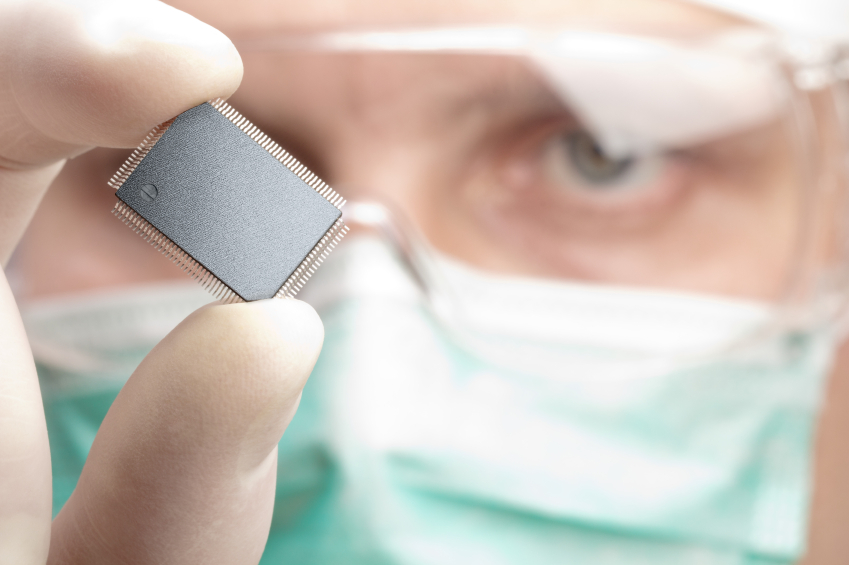The third “Exponential Medicine” conference focusing on “the acceleration of progress in numerical technology” was held in San Diego, California, from 9 to 12 November 2014. It was organised by the Singularity University, “the university of the future founded by Google and NASA”, located in Silicon Valley.
As far as Peter Diamandis, co-founder of Singularity University, is concerned, “no field will be more reinvented than medicine in the decade to come. Patients will take ownership of their own health”. Furthermore, one of the most well known investors in Silicon Valley, Vinod Khosla, co-founder of Microsystems, predicts that, “in thirty years, we will no longer need doctors for diagnostics”. In fact, patients will be able to obtain an automated diagnosis within a few minutes. But on a reassuring note, V. Khosla explained: “This doesn’t mean that the role of the doctor will become obsolete. Doctors will be needed for other functions: compassion, empathy. The most compassionate individuals will be selected, not Stanford graduates”.
The doctor-patient relationship could totally change. Patients may become straightforward consumers, finding “the most suitable specialist, wherever in the world he or she may be, and offering a consultancy fee“. In fact, a platform known as Curely has been set up to promote contact between doctors and patients.
Paul Lee, co-founder of Curely, explains his role:
“Practitioners will be ‘assessed by the market’ and rewarded with points”. He went on to add that, “We have worked with a video games expert. Doctors will gain reputation points, which will make them more transparent to consumers”. Curely is to be launched in January 2015.
Lemonde.fr (Corine Lesnes) 20/11/2014

